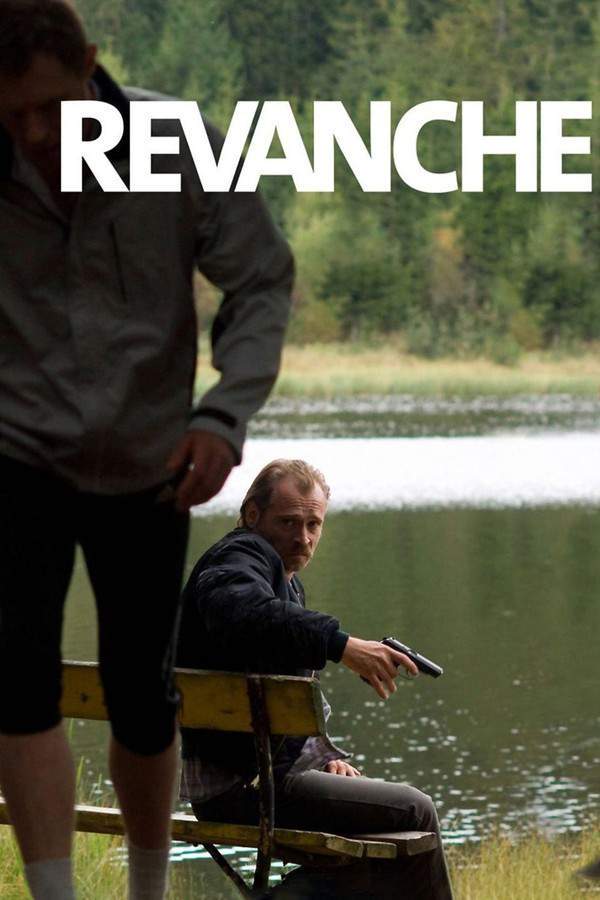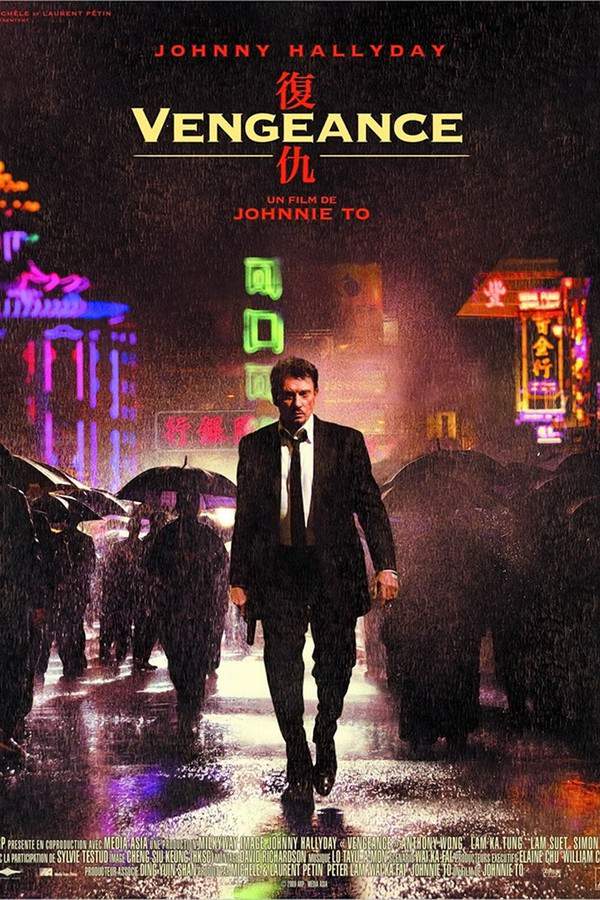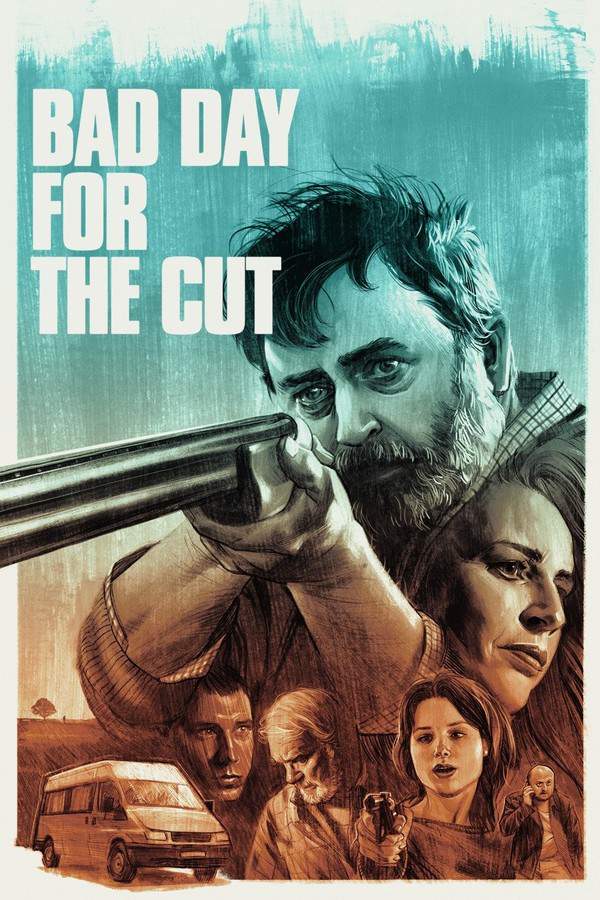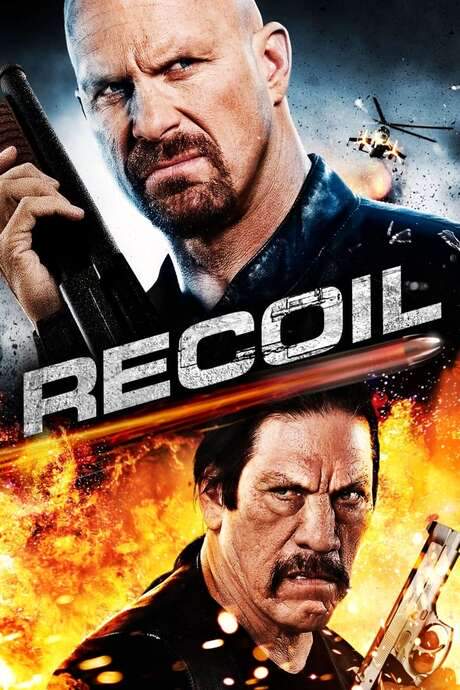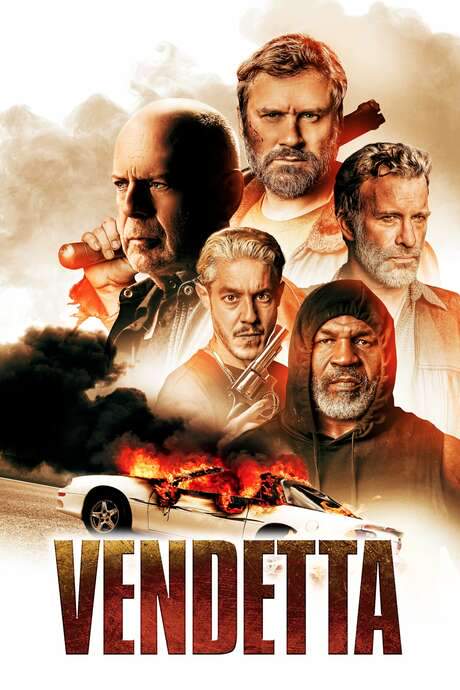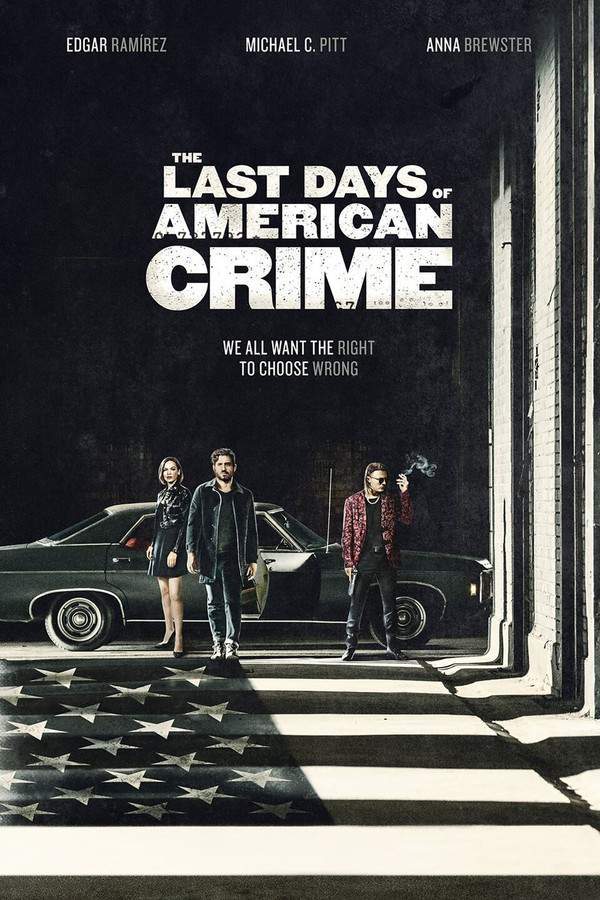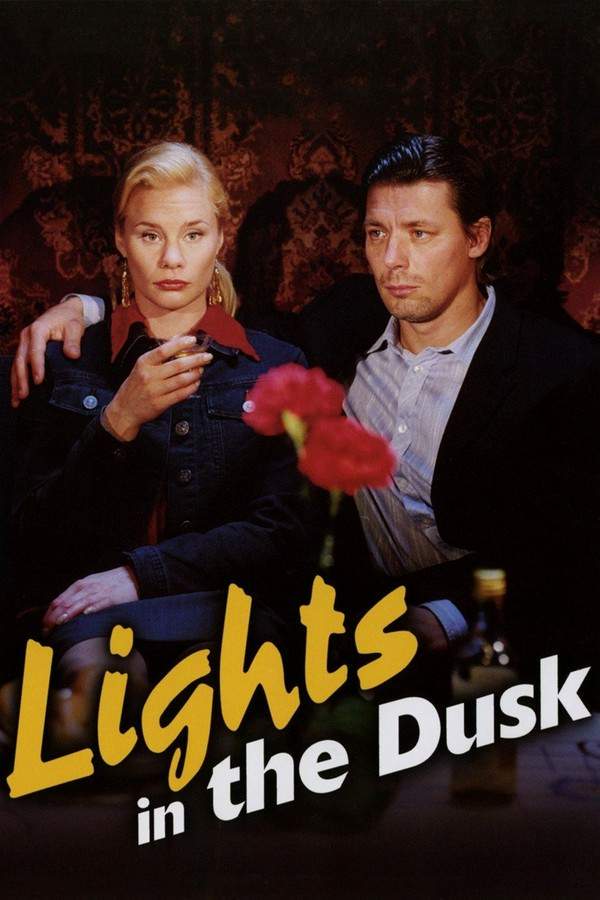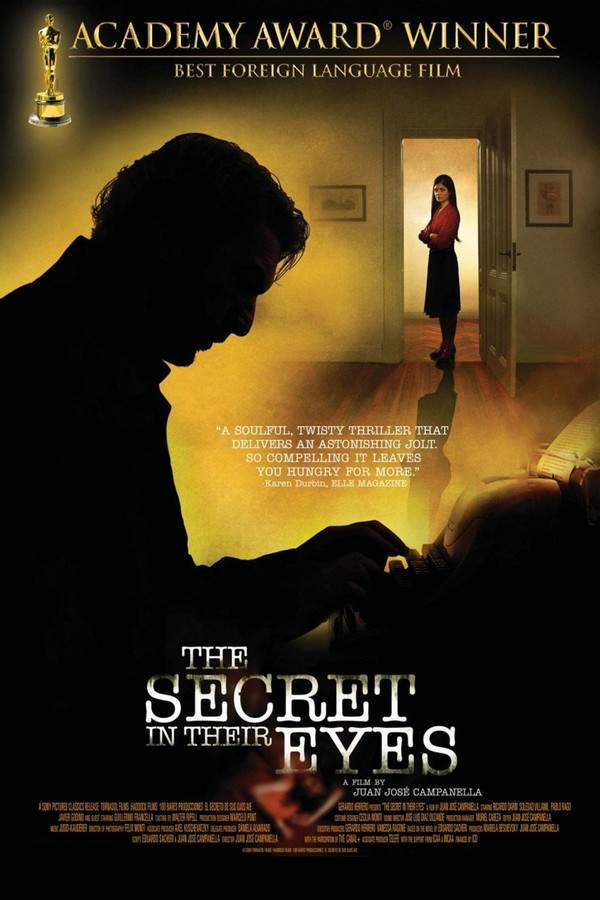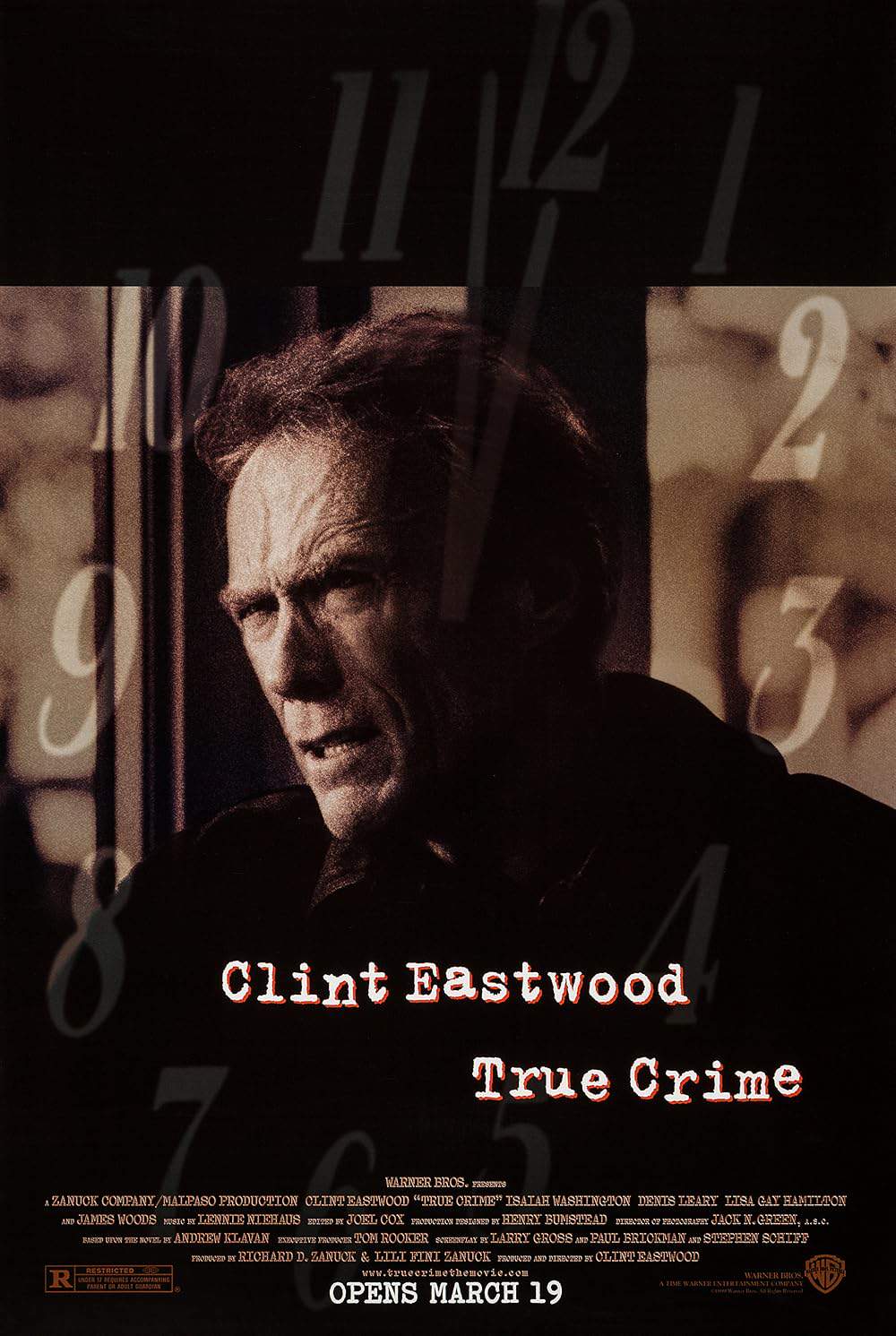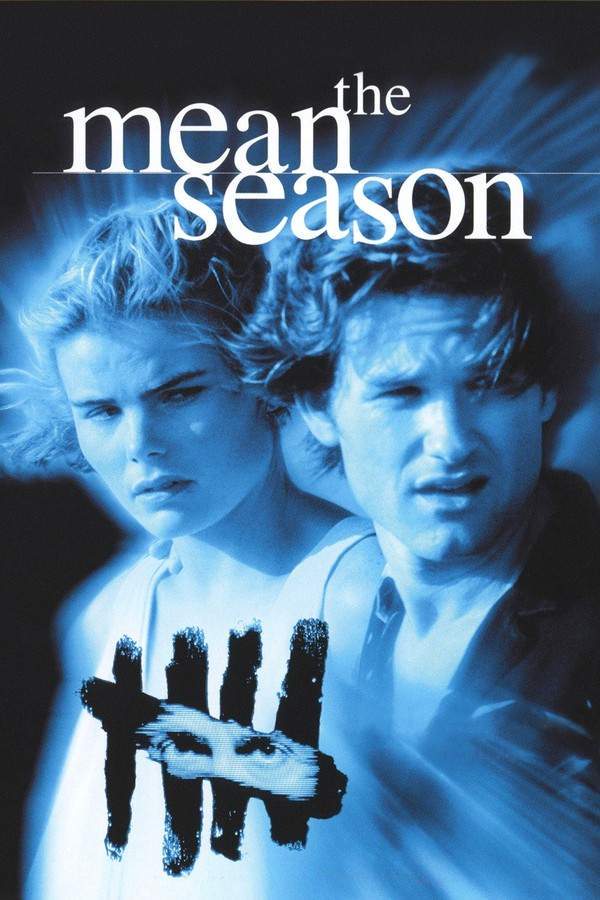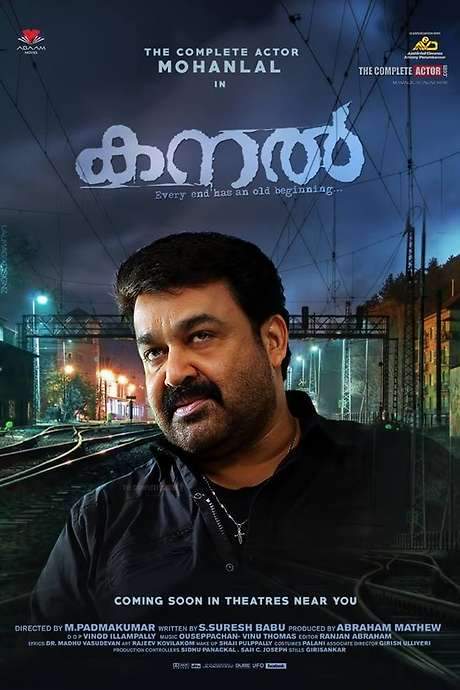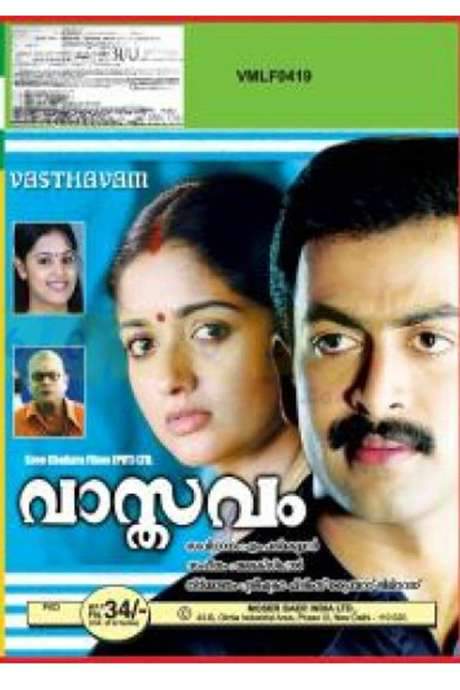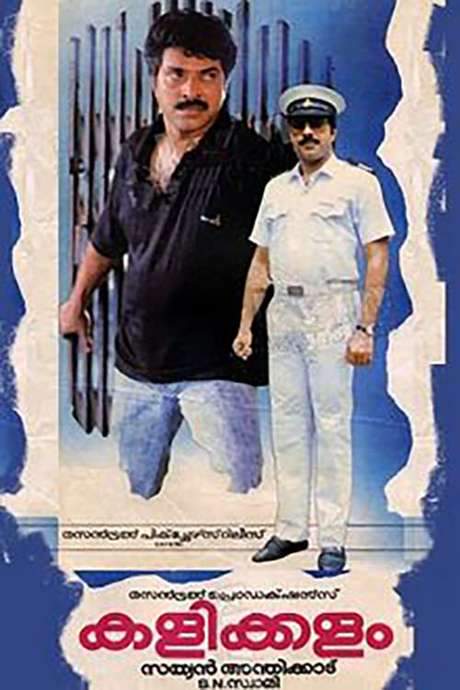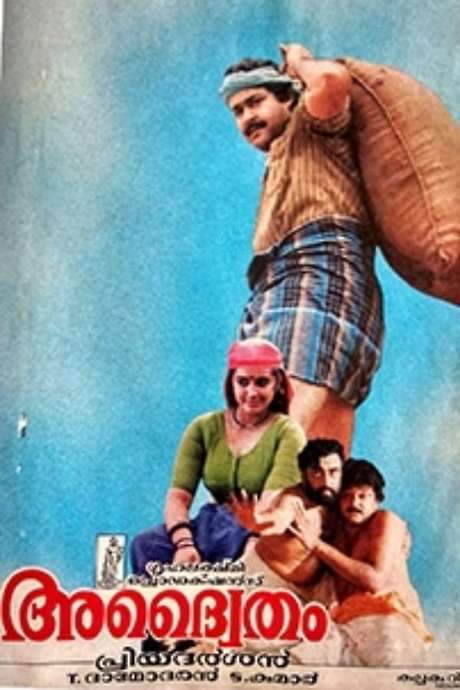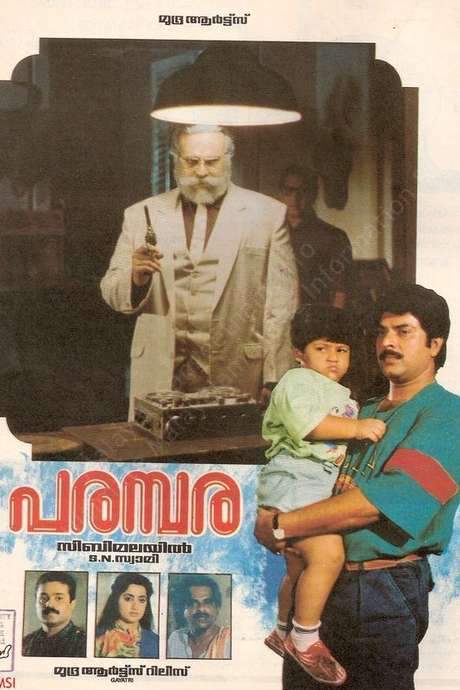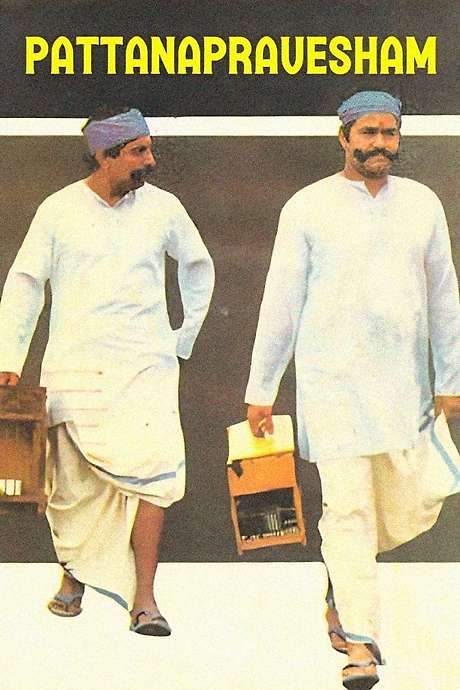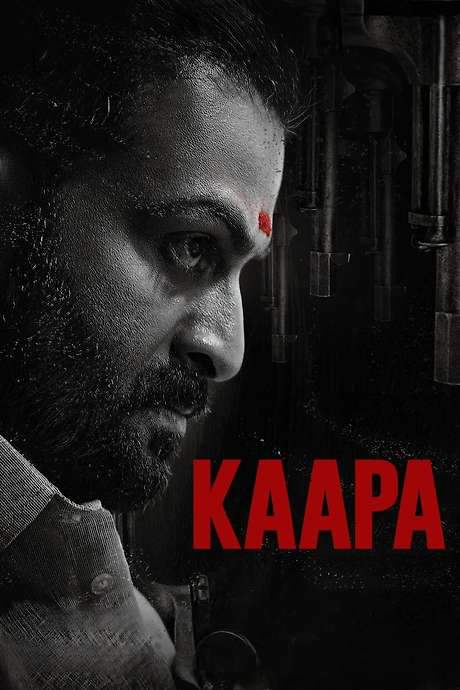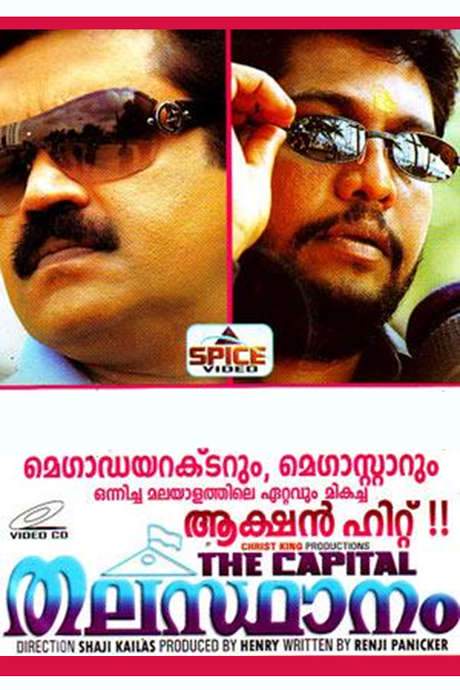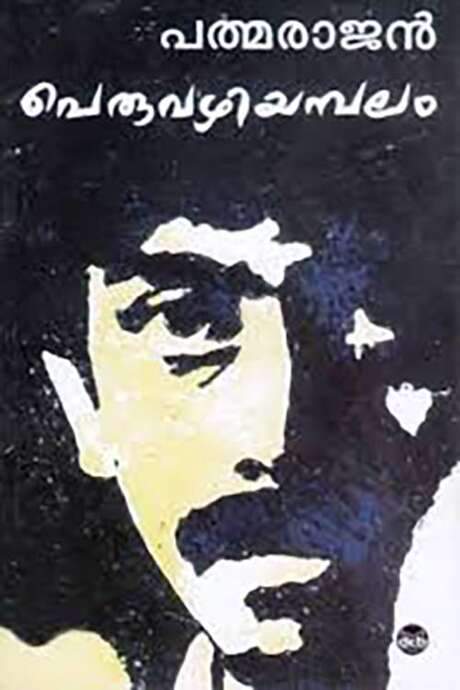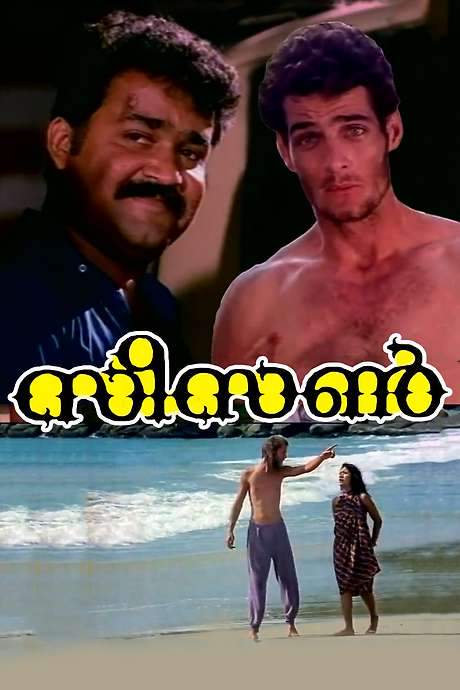
Season
Year: 1989
Runtime: 112 mins
Language: Malayalam
Director: P. Padmarajan
Season (1989) is a Malayalam feature directed by Padmarajan, starring Mohanlal and Gavin Packard. Set against the beaches of Kovalam and the Poojappura Central Prison, it follows a gritty revenge thriller that portrays the local drug trade with stark realism. Although a box‑office failure, Padmarajan’s unconventional storytelling, strong narration and Mohanlal’s nuanced performance earned the film a cult status and later recognition as one of Malayalam cinema’s finest thrillers.
Warning: spoilers below!
Haven’t seen Season yet? This summary contains major spoilers. Bookmark the page, watch the movie, and come back for the full breakdown. If you're ready, scroll on and relive the story!
Season (1989) – Full Plot Summary & Ending Explained
Read the complete plot breakdown of Season (1989), including all key story events, major twists, and the ending explained in detail. Discover what really happened—and what it all means.
Jeevan, Mohanlal is introduced as a man of contradictions: wealthy, influential, and infamously private about his personal life. In a tense courtroom moment that bookends the tale, he is taken to central jail, and the film briefly drifts into 1988, letting his own voice carry a melancholic confession: “My name is Jeevan. I feel so depressed to know that I can’t see this dew morning and the street lamps for years; but little would benefit in regretting now.” The line hints at a mind that calculates, survives, and perhaps enjoys playing a dangerous game. The opening scene plants a mood of restraint, surveillance, and a city that never fully reveals its secrets.
The narrative then rewinds to 1982 in Kovalam, a coastal town where Jeevan runs a bustling restaurant that also serves as a front for his colder, more clandestine ambitions. He is known to the locals as the enigmatic “Uncle,” a figure of affluence who seems to live by a code that excludes moral scrutiny from casual observers. He keeps people at arm’s length, guarding his private life as tightly as his finances, and the aura of mystery around him becomes a magnet for two young men with little to lose. Porinju, a restless soul, and Kanthi, who clings to a stubborn dream of a better tomorrow, drift in and out of the restaurant with a shared hunger for wealth and a private sense of loyalty to their families. Porinju and Kanthi, both unemployed and financially pressed, are drawn into the murky world of drugs and counterfeit currency, a path that offers quick money but also serious danger.
When a new opportunity arrives, it comes in the form of Fabien, a European tourist with a calculated hunger for risk. Fabien is looking to procure three kilos of heroin, and the lure of easy money pushes Porinju and Kanthi toward a deal that could sever the familiar bonds of poverty and push them into a different class of danger. Jeevan, ever the oblique savior, steps in with a pragmatic proposition: he will lend them ₹1.5 lakhs, but only if they promise to abandon the drug trade after the transaction is complete. The arrangement feels almost transactional, a test of trust rather than a confession of friendship, and the two youths—no longer merely hungry for wealth but hungry for status—agree to the terms despite the obvious risks.
The trio heads to Goa with the illicit cargo, returning to the restaurant in the dark of night to break the news to Jeevan. He offers cautious guidance, a fatherly concern that borders on manipulation, reminding them to stay vigilant. Fabien, once the course of their plan is set, imposes his own clock on the operation, signaling his intent to meet at the lighthouse in the fading hours of light. The scene at the lighthouse becomes a brutal turning point: Fabien turns the tables on Porinju with a sudden gunshot, laying waste to the young man’s ambitions in a single, chilling moment. The violence throws the participants into a storm of fear and confusion, and Merlin, Fabien’s partner in crime, breaches Jeevan’s home only to steal roughly four lakhs in cash and a cache of gold. The intrusion shakes Jeevan’s sense of safety, revealing that the true threat may lie not in the law’s reach but in the human capacity for betrayal.
Jeevan pieces together what happened and discovers that Porinju is dead, Kanthi is dead, and Merlin—Fabien’s associate—has been left devastated and impulsively self-destructive. Merlin, who had sought solace in wealth rather than in affection, is found to have taken sleeping pills and died; Kanthi’s body is recovered in Jeevan’s car, Porinju’s remains in the hut, and the scavenging web of suspicion tightens around Jeevan. The police treat him as the prime suspect, and the courtroom becomes a theater of speculation where the truth feels slippery, almost negotiable. The prosecution, lacking hard proof for Porinju and Kanthi’s murders, sentences Jeevan primarily for Merlin’s death, a conviction that keeps his prison term shorter than the dark calculus of his possible guilt would merit. The sentence—seven years for murder (which the authorities cannot prove) and five years for Merlin’s death—frames Jeevan as a survivor navigating a system that sometimes feels more like a stage for reputations than a temple of justice.
Weeks before his release, Fabien unexpectedly re-enters Jeevan’s life, stepping into the world of the incarcerated with a bargain that reflects the chessmaster’s mindset that has defined Jeevan’s career. Fabien proposes an escape plan in exchange for ₹5 lakhs, and Jeevan, ever the strategist, agrees. After a staged release on the basis of a separate misdeed, Jeevan secures his own freedom only to resume the same patterns of risk, now with a renewed purpose: to finish Fabien once and for all. The plot threads tighten with the sense that the older Jeevan has learned to weaponize timing and opportunity to his advantage, while the younger Jeevan’s past mistakes loom as silent, looming witnesses.
The film then cuts to the present, a day that coincides with Gandhi Jayanti, when the city’s guard against crime is momentarily distracted by celebratory bustle. In a coordinated, audacious move, Jeevan and Fabien escape from the confines of a high-security setup. Fabien hands Jeevan the promised ₹5 lakhs and then pays a far heavier price: Jeevan’s final transformation reveals itself as a calculated act of vengeance. A ferocious confrontation erupts, and Fabien falls to Jeevan’s hand in a confrontation as crisp as a knife’s edge. The escape ends in a brutal, almost clinical reversal of fortune: the man who sought to control every variable is left to confront the consequences of his own design. As the closing image settles, Jeevan returns to the prison’s iron doors, the same van that carried him to freedom now a symbol of his triumph—and his solitary loneliness.
The closing lines arrive in a voiceover that binds past and present with a quiet, chilling resolve. The renowned brightness of street lamps that once offered him a sense of direction now only underscores his detachment from the world he manipulates. The narration notes that the evidence against him is not circumstantial this time, but tangible and inescapable: “It’s on my shirt, on my face, on my hands… and everywhere.” The camera lingers on his calm, confident smile as he approaches the prison gates, the van’s door opening to reveal Fabien’s lifeless body, a stark testament to the price of his relentless calculation. In the end, the man who once seemed to command the city’s favors finds himself back behind bars, carrying with him a chilling victory that feels more like a possession than a resolution. The film closes on the image of policemen questioning the empty space where Fabien once stood, while Jeevan walks away with an aura of hard-won certainty that his street-lit world will continue to glow with a dangerous, irresistible clarity.
Last Updated: October 09, 2025 at 14:32
Explore Movie Threads
Discover curated groups of movies connected by mood, themes, and story style. Browse collections built around emotion, atmosphere, and narrative focus to easily find films that match what you feel like watching right now.
Gritty Revenge Thrillers like Season
Stories of meticulous retribution set against a backdrop of crime and moral decay.If you liked the methodical vengeance plot of Season, you'll appreciate these movies. This list features crime stories and thrillers where a protagonist executes a calculated plan for revenge, often set in a bleak and morally ambiguous underworld. Fans of tense, character-driven crime dramas will find similar films here.
Narrative Summary
The narrative pattern involves a personal betrayal or profound injustice that ignites a protagonist's quest for revenge. Instead of impulsive action, the journey is marked by careful strategy, patience, and a descent into the darker aspects of their own nature, culminating in a confrontation that rarely brings pure satisfaction.
Why These Movies?
Movies in this thread share a dark, cynical tone and a steady, deliberate pacing that builds suspense. They are united by themes of betrayal, moral compromise, and the heavy psychological toll of vengeance, creating a consistently tense and emotionally weighty experience.
Movies with Bittersweet Endings like Season
Crime stories where success comes at a great personal cost, leaving a hollow feeling.For viewers who appreciated the hollow victory and emotional weight of Season's ending. These films are similar crime stories and dramas where the protagonist's success is bittersweet or pyrrhic. If you like narratives that explore the heavy cost of ambition and revenge, you'll find compelling matches here.
Narrative Summary
The narrative follows a character's ambitious pursuit within a criminal context, building towards a climax where they technically succeed. However, the resolution undercuts this success, often through personal loss, incarceration, or moral ruin, resulting in an ending that is more contemplative and sad than triumphant.
Why These Movies?
These films are grouped by their shared emotionally heavy weight and a bittersweet or bleak ending feel. They possess a dark, melancholic tone and high intensity, focusing on the grim realities and psychological fallout of criminal endeavors, rather than their glamour.
Unlock the Full Story of Season
Don't stop at just watching — explore Season in full detail. From the complete plot summary and scene-by-scene timeline to character breakdowns, thematic analysis, and a deep dive into the ending — every page helps you truly understand what Season is all about. Plus, discover what's next after the movie.
Season Timeline
Track the full timeline of Season with every major event arranged chronologically. Perfect for decoding non-linear storytelling, flashbacks, or parallel narratives with a clear scene-by-scene breakdown.

Characters, Settings & Themes in Season
Discover the characters, locations, and core themes that shape Season. Get insights into symbolic elements, setting significance, and deeper narrative meaning — ideal for thematic analysis and movie breakdowns.

Season Spoiler-Free Summary
Get a quick, spoiler-free overview of Season that covers the main plot points and key details without revealing any major twists or spoilers. Perfect for those who want to know what to expect before diving in.

More About Season
Visit What's After the Movie to explore more about Season: box office results, cast and crew info, production details, post-credit scenes, and external links — all in one place for movie fans and researchers.

Similar Movies to Season
Discover movies like Season that share similar genres, themes, and storytelling elements. Whether you’re drawn to the atmosphere, character arcs, or plot structure, these curated recommendations will help you explore more films you’ll love.
Explore More About Movie Season
Season (1989) Scene-by-Scene Movie Timeline
Season (1989) Movie Characters, Themes & Settings
Season (1989) Spoiler-Free Summary & Key Flow
Movies Like Season – Similar Titles You’ll Enjoy
The Mean Season (1985) Film Overview & Timeline
Kanal (2015) Movie Recap & Themes
Stop Violence (2002) Full Summary & Key Details
Vaasthavam (2006) Movie Recap & Themes
Kalikkalam (1990) Film Overview & Timeline
Adwaytham (1991) Ending Explained & Film Insights
Parampara (1990) Plot Summary & Ending Explained
Pattanapravesham (1988) Spoiler-Packed Plot Recap
Season of Fear (1989) Detailed Story Recap
Kottayam Kunjachan (1990) Story Summary & Characters
Kaapa (2022) Plot Summary & Ending Explained
Season of Fear (1989) Story Summary & Characters
Thalasthanam (1992) Full Movie Breakdown
Peruvazhiyambalam (1979) Full Summary & Key Details
Season For Assassins (1975) Film Overview & Timeline

